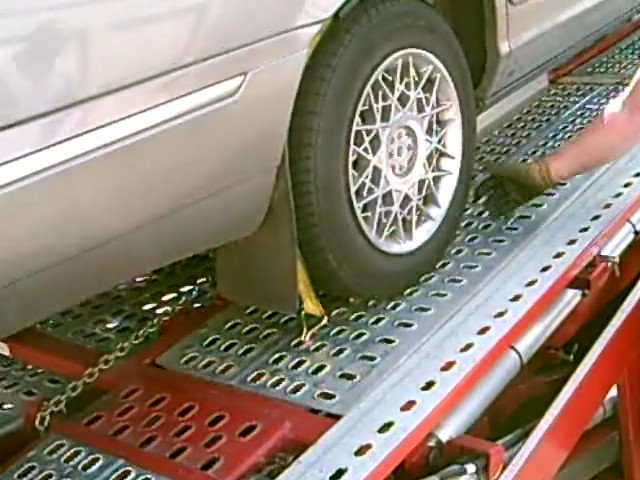If one looks at the long-trend charts, in early 2014 the U.S. auto industry appears to have clawed back its losses from the Great Recession.
However, an interesting trend has developed in recent years as the average age of cars on American roadways has climbed to 11.5 years. This has been attributed to both longer terms of finance contracts as well as higher quality of construction.
If Mr and Mrs Car Buyer can't afford a new car (they're upside down in their finance contract, because they signed up for an 84 month term)... and their car is doing just fine, they won't buy a new car.
However, a great deal of sales momentum remains in the light truck market, on account of continued growth in residential building, up 18% this year. Just try and get a carpenter to come to your house for a remodel. Many are already booking new work into 2017, because their dance cards are full! Source
With taxes what they are, most contractors are more than willing to buy a shiny new truck or van as a tax write-off. They can either keep the old one and pay extra tax, or buy the new truck and have the use of it for all the extra miles they're running trying to keep up with the demands of work.
Looking at an even wider set of data, the news for construction in general looks even rosier. As residential construction continues to accelerate, so does work for energy and utilities. And since Congress passed the Highway Approporiation Bill, construction on the nation's aging infrastructure should also support sustained demand for vehicles. Source
We hear a lot of talk about the Millenials avoiding the purchase of cars in favor of living close-in to urban centers and using public transport. This will almost inevitably change as they start families and confront the difficult economic realities of finding enough room to store their children's toys in a 650 square foot apartment.
It is probably safe to say that there will be plenty of work hauling cars in the next few years. The bigger questions are: Will the loads pay? Will fuel prices snap upwards in the next three years?
We know that as more car haulers enter the field, load prices tend to drop in different regions. This is already starting to happen in certain areas. Those car haulers who rely on Central Dispatch brokers to pay them a fair price for their services are risking disappointment... and bankruptcy if fuel prices move up sharply.
However, the trucking company that cultivates business relationships with dealers directly, and finds more profitable lanes in which to run, should have a pretty good prospect of prosperity.
So as in many areas of enterprise, the smart guys will find a way to make a buck.


